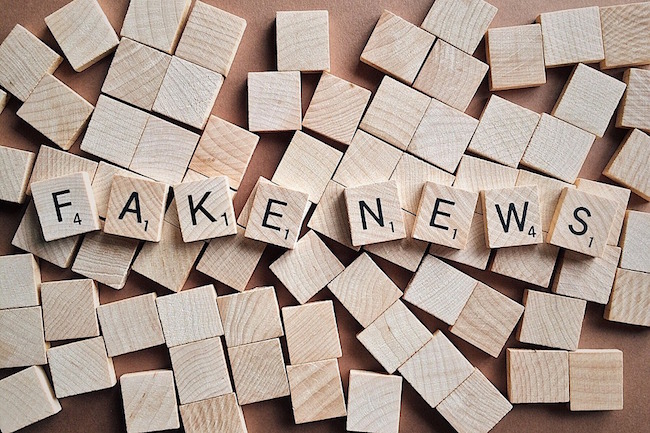COVID-19 fraud is one big reason why the public don’t trust their government By Rajan Laad for American Thinker
Recently, a government report revealed that COVID-19 relief efforts led to possibly the largest fraud in the history of America.
The Washington Post reported that unemployment benefits of an estimated $163 billion were paid to undeserving individuals due to either error or fraud.
In the Economic Injury Disaster Loan program, around $58 billion was paid to companies that shared the same addresses, phone numbers, bank accounts, or other data as other applicants — a clear indication of fraud.
Why did this happen?
The first reason is antiquated computer systems.
The federal and state governments have separate databases to store the same information and isolated systems to perform the same function. At times, departments within both state and federal governments have separate databases for the same data. The systems do not always share information with each other.
The outcome is data redundancy, data inconsistency, and no proper tracking.
The second reason is the lack of coordination between state and federal governments, as well as indifference to taxpayer funds.
For instance, an expanded unemployment benefit gave workers an extra $600 per week in federal jobless funds on top of what they received from their state. The program was funded by the federal government but administered by states, which often had loose rules around qualifying.
The antiquated computer systems, a lack of coordination, and a causal attitude towards taxpayers’ funds resulted in the following:
- Unemployment benefits were dispatched to the incarcerated, the imaginary, and the departed.
- People who were on the government’s “Do Not Pay List” and with “N/A” in their name were also recipients of government benefits.
- Firms that were too big to qualify received their welfare money, hence the money was spent on Rolexes, Rolls-Royces, yachts, mansions, and a Pokémon trading card.




